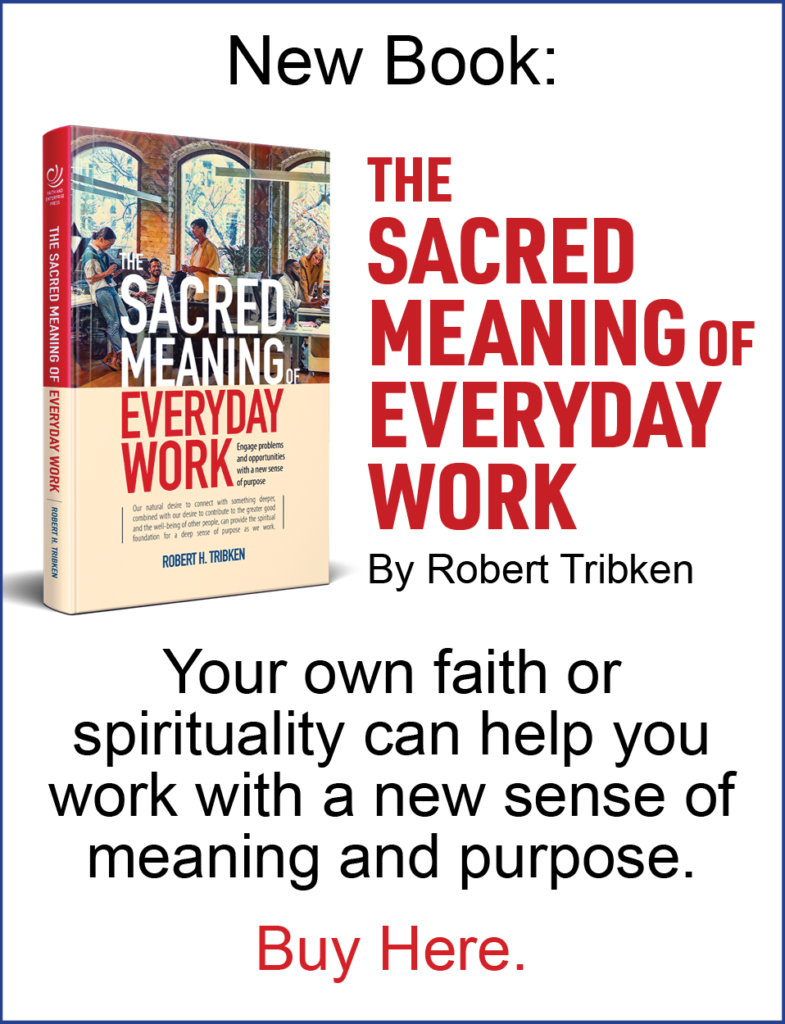 Different spheres of life have different grammars. By this I mean that not only do we use different words in different spheres, but that the logical rules and structural relationships between the words can be quite different as well. This can create a problem when we are trying to connect our faith and our work — two domains with two different sets of grammar. This is especially true when the differences are unconscious.
Different spheres of life have different grammars. By this I mean that not only do we use different words in different spheres, but that the logical rules and structural relationships between the words can be quite different as well. This can create a problem when we are trying to connect our faith and our work — two domains with two different sets of grammar. This is especially true when the differences are unconscious.
Compare the grammar of business with that of the “typical” church. There is overlap; for example, altruistic concerns for others can be found in both, as can a desire for integrity. But there are also differences. A typical church grammar will highlight the relationships of concepts such as sin, forgiveness, and charity (roughly defined as giving things to the less fortunate), or perhaps institutional values such as spreading beliefs and expanding the church. A business grammar might reflect more concern with producing value in the form of products and services, the exchange of goods with others (as opposed to giving them away), and serving customers.
When confronted with the problem of hungry people church grammar highlights donations, business logic looks for ways to produce more food. Both are necessary, but both are quite different. I think this is one reason why a business person or entrepreneur can spend decades building a business, producing goods and services, and creating jobs, but receive less affirmation from the church than when he or she spends ten days in Africa painting a mission classroom.
The Problem of Applying Church Grammar to Business
It makes sense to use different language and grammars in different spheres. The problem comes about when we use exclusively church grammar to discuss our spiritual lives. If we can only understand prayer, our sense of call or mission, and spirituality in general in terms of church grammar, then it can become very difficult to connect or faith or spirituality with our work. Our work to create new products and services, to build healthy job creating enterprises, and to weather the storms of the marketplace, can seem to be outside the purview of God and disconnected from the resources of our faith. How can we pray about our work if our work is outside the realm of spirituality?
Under these circumstances both our work and our faith are likely to be diminished.
The transcendent, all pervasive, fully immanent God is not confined to one sphere of life, even if that sphere is ostensibly religious. Our spirituality should not be confined either.

